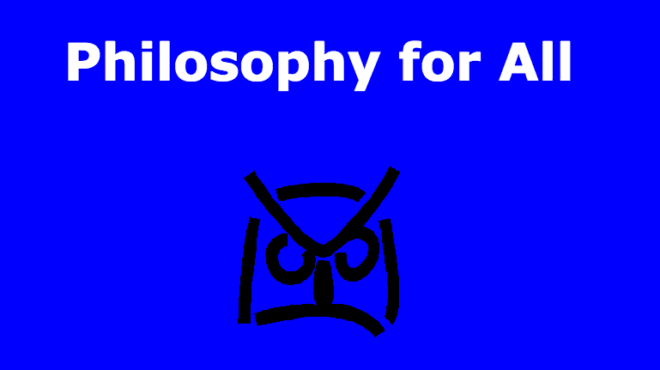George Ross Memorial Lecture 2016: MM McCabe: Virtue, Ageing and Failing
31st October 2016 · 7:00pm - 9:00pm
In person | Virtual event

MM McCabe: Virtue, Ageing and Failing
followed by
The 2016 Philosophy Now Award for Contributions to the Fight Against Stupidity: Peter Singer (by video link)
An event hosted by Philosophy for All
Free and open to all – Booking recommended.
MM McCabe is a former Professor of Ancient Philosophy at King’s College London, this year’s President of the Mind Association, and this year’s Sather Professor at University of California, Berkeley. Peter Singer is a professor at both Princeton and Melbourne. He is particularly well-known for his work on effective altruism and on animal rights.
George Ross, a Romanian emigre, academic, free-thinker and long-standing supporter of PFA, died in 2011. Since then we have held an annual memorial lecture in his honour.
George grew up in a loving home with much intellectual stimulation, but his childhood was marred by severe discrimination against his Jewish family and the loss of all their possessions after the advent of communism in Romania.
He studied maths and physics at university. In the 1960s, he was eventually given permission to emigrate to Israel, where he worked as a scientist at the Weizmann Institute. He later moved to the UK, where he had an academic post at Sheffield University and then became a lecturer in physics at King’s College London. He was an inspiring and popular teacher.
George remained critical of, yet deeply committed to Romania, “that crucible of genius and disaster”, as he called it in his book Modern Romania (2002). In 1965 he co-founded the British-Romanian Association, an organisation that called for free elections. During the 1989 revolution, he and his colleagues from the association met a Foreign Office minister and offered to take over the embassy in Belgrave Square as the “true” representatives of a free Romania in the UK. After 1989, George lent both his pen and his voice to the exiled King Michael, writing speeches for him and campaigning for his return.
In his writings, he celebrated the autonomous individual who has “a critical mind and … a loyalty directed to the whole humanity”. George not only felt this loyalty acutely but lived up to its demands. He thought about how people live, think and feel, about nationalism, humanism, totalitarianism, justice and the tensions and struggles that define us.